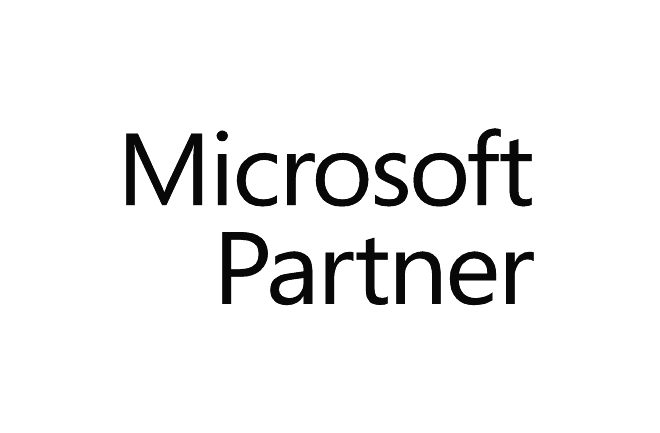Design a Data Ingestion Strategy for Machine Learning Projects
- Identify the source and format of data.
- Determine how to distribute data to machine learning workflows.
- Design an efficient data ingestion solution.
Design a Machine Learning Model Training Solution
- Identify the machine learning tasks to be performed.
- Select an appropriate service for model training.
- Choose between different compute options.
Design a Model Deployment Solution
- Understand how the model will be consumed.
- Decide between real-time or batch deployment options.
Explore Azure Machine Learning Workspace Resources and Assets
- Create an Azure Machine Learning workspace.
- Identify the resources and assets available in Azure Machine Learning.
- Train models within the workspace.
Explore Development Tools for Workspace Interaction
- Discover Azure Machine Learning Studio.
- Explore the Python SDK.
- Use the CLI interface.
Make Data Available in Azure Machine Learning
- Understand the use of URIs.
- Create a datastore.
- Configure a data resource.
Use Compute Targets in Azure Machine Learning
- Create and use a compute instance.
- Configure and operate a compute cluster.
Manage Environments in Azure Machine Learning
- Understand the concept of environments.
- Explore and use prebuilt environments.
- Create and use custom environments.
Identify the Best Classification Model with Automated Machine Learning
- Preprocess data and configure features.
- Run an automated machine learning experiment.
- Evaluate and compare generated models.
Track Model Training in Jupyter Notebooks with MLflow
- Configure MLflow to track models in notebooks.
- Train and track models directly from notebooks.
Run a Training Script as a Command Job in Azure Machine Learning
- Convert a notebook into an executable script.
- Run a script as a command job.
- Pass parameters to a command job.
Track Model Training with MLflow in Azure Jobs
- Track metrics with MLflow.
- Visualize metrics and evaluate models.
Execute Pipelines in Azure Machine Learning
- Create and configure components.
- Design a complete pipeline.
- Run a pipeline as an automated job.
Optimize Hyperparameters with Azure Machine Learning
- Define a search space for hyperparameters.
- Configure a sampling method.
- Set up an early stopping mechanism.
- Use a sweep job to optimize hyperparameters.
Deploy a Model to a Managed Online Endpoint
- Explore managed online endpoints.
- Deploy an MLflow model to a managed online endpoint.
- Test and validate online endpoints.
Deploy a Model to a Batch Endpoint
- Understand and configure batch endpoints.
- Deploy an MLflow model to a batch endpoint.
- Deploy a custom model to a batch endpoint.
- Call batch endpoints and troubleshoot issues.


